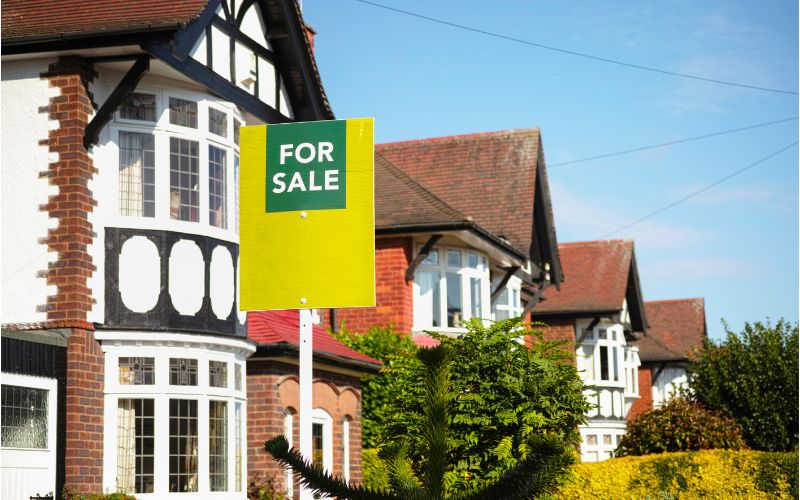What is an AVM?
An Automated Valuation Model (AVM) in property refers to a technology-driven tool used to estimate the value of real estate assets.
Leveraging algorithms and data analytics, AVMs assess various factors such as property characteristics, market trends, comparable sales, and economic indicators to generate valuations swiftly and efficiently.
These models can provide quick insights into property values, aiding in decision-making processes for various stakeholders including buyers, sellers, lenders, and investors.
Pitfalls
AVMs heavily rely on data inputs such as property characteristics, neighbourhood trends, and recent sales data.
However, the accuracy of these models is only as good as the data they use. In many cases, data may be outdated, incomplete, or inaccurate, leading to flawed valuations.
This type of valuation can sometimes struggle to incorporate nuanced factors that can affect property value, such as unique architectural features, renovations, or neighbourhood dynamics.
They often lack the human touch needed to interpret qualitative aspects that might not be quantifiable but hold significant value in real estate.
AVMs and the property market
AVMs may struggle to adapt to rapid market changes or account for complex market dynamics, leading to misaligned valuations.
Automated Valuation Models operate based on algorithms and predefined models, making them inherently objective.
Property valuations often involve subjective elements, such as buyer perceptions, emotional appeal, and intangible factors that are challenging for AVMs to accurately assess.
Subsequently, properties with unconventional features or limited comparable sales data pose challenges for AVMs to generate accurate valuations, potentially resulting in undervaluation or overvaluation.

Other challenges for AVMs
While AVMs aim to be impartial, they can still be susceptible to manipulation or bias in the data inputs or algorithms.
Biased data or flawed algorithms can lead to systematic errors and inaccuracies, undermining the integrity of valuations.
Real estate transactions are subject to legal and regulatory requirements, including appraisal standards and guidelines.
AVMs must adhere to these standards to ensure compliance, but challenges may arise in accurately reflecting legal considerations in valuation outputs.
AVMs vs in-person property valuations
The efficiency and scalability of AVMs make them ideal for quick assessments, often used in mortgage underwriting and portfolio management. However, they lack the human touch and nuanced understanding that in-person valuations provide.
In-person valuations, conducted by experienced appraisers, offer a holistic perspective by considering intangible aspects such as property condition, neighbourhood dynamics, and unique features that algorithms may overlook.
Despite their time-consuming nature, in-person valuations offer a depth of insight and accuracy crucial in complex or unique property scenarios, where subjective judgment plays a significant role.
Whilst Automated Valuation Models offer efficiency and scalability, relying solely on AVMs diminishes the role of human expertise in property valuation.
Experienced appraisers bring invaluable insights, local market knowledge, and professional judgment to the table, complementing the limitations of AVMs with qualitative assessments.
Who are we?
Our team of Chartered Building Surveyors work closely with estate agents, landlords, lenders and local authorities across London and the South Coast to proactively navigate a changing horizon. From ensuring new projects are delivered on time and in budget, to delivering upgrades on behalf of councils.
Read more about our solutions here:
Reinstatement Cost Assessments
Planned Preventative Maintenance
Alternatively, email us at enquiries@sillencehurn.co.uk or call our Southampton team on 02380 014786 or London at 020 3143 2128.
If you're looking for the next steps in your career why not check out our latest opportunities and see if we align with you and your values!





